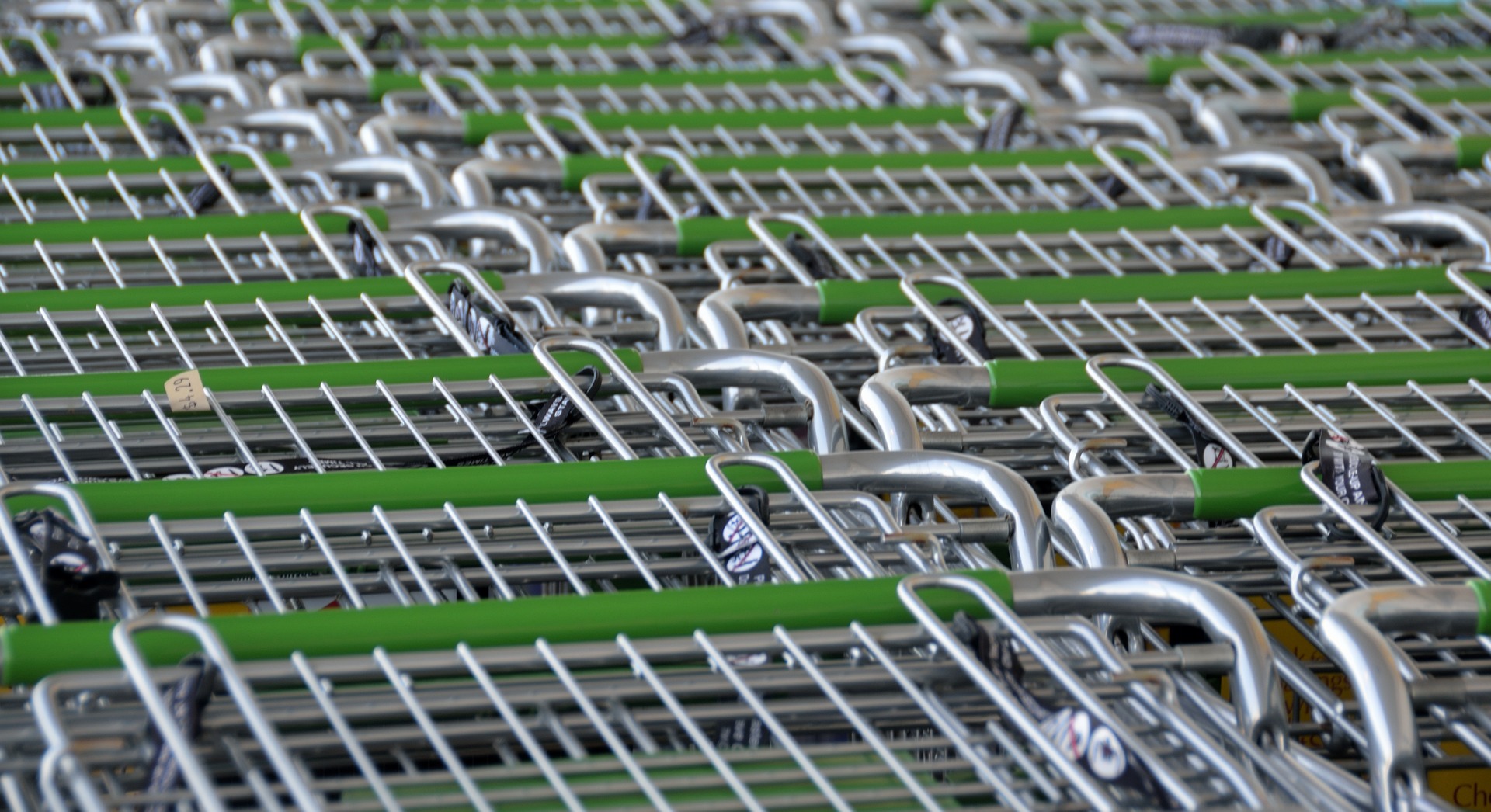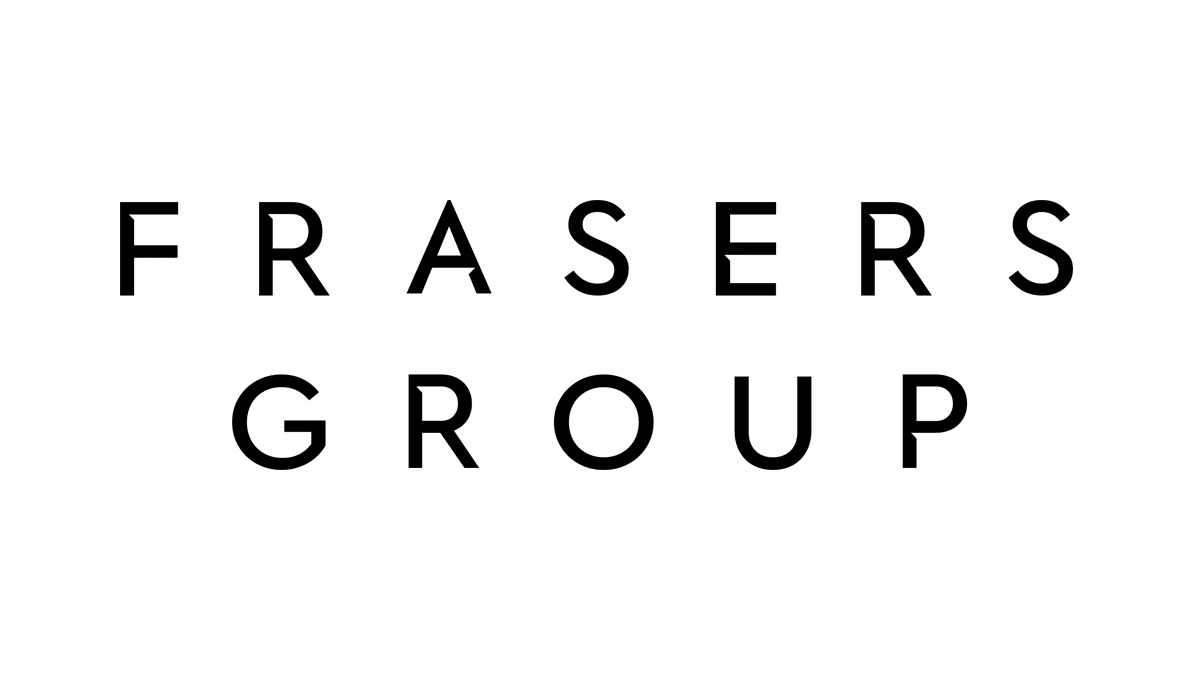Inflation decreased across a number of retail categories in July with prices compared to the previous month decreasing for the first time in two years, research has found.
Data from the British Retail Consortium (BRC) has shown that food inflation dropped to 13.4 per cent during the four-week period, falling for its third consecutive month and putting food inflation levels at their lowest since December 2022.
Non-food inflation fell to 4.7 per cent compared to 5.4 per cent in June, while annual shop price inflation dropped to 7.6 per cent versus 8.4 per cent in June.
Inflation across all categories analysed – shop price, non-food, fresh food, ambient food and overall food inflation – all fell below their three-month average recorded rates.
“Shop price inflation fell to its lowest level of 2023 and, for the first time in two years, prices fell compared to the previous month,” explained BRC chief exec Helen Dickinson.
She went on to note that clothing and footwear was leading the cuts as retailers offered consumers larger discounts to those willing to venture out into the rain.
“The summer holiday period should help discretionary spend a little and whilst inflation remains high, the outlook is improving,” said Mike Watkins, head of retailer and business insight at NielsenIQ.
He added that shoppers are continuing to change how they shop as part of new “coping strategies”, including shopping at different retailers, buying lower priced items, delaying spend or only buying certain items when they are on offer look set to continue.
Latest News
-
Debenhams first UK retailer to roll out PayPal’s agentic AI assistant
-
Starbucks installs new payment tech in 943 European stores
-
Asos opens immersive London pop-up shop to showcase viral beauty range
-
EE launches in-store AI safety appointments
-
Amazon Pharmacy expands same-day prescription delivery service to 4,500 US cities
-
New Look loyalty scheme hits one million members
Beyond Channels: Redefining retail with Unified Commerce
This Retail Systems fireside chat with Nikki Baird, Vice President, Strategy & Product at Aptos will explore how unified commerce strategies enable retailers to tear down these barriers and unlock new levels of operational agility and customer satisfaction.
The future of self-checkout: Building a system that works for consumers and retailers
In this webinar, industry leaders discussed what the future of self-checkout looks like and how retailers can make the technology work for everyone.
© 2024 Perspective Publishing Privacy & Cookies










Recent Stories